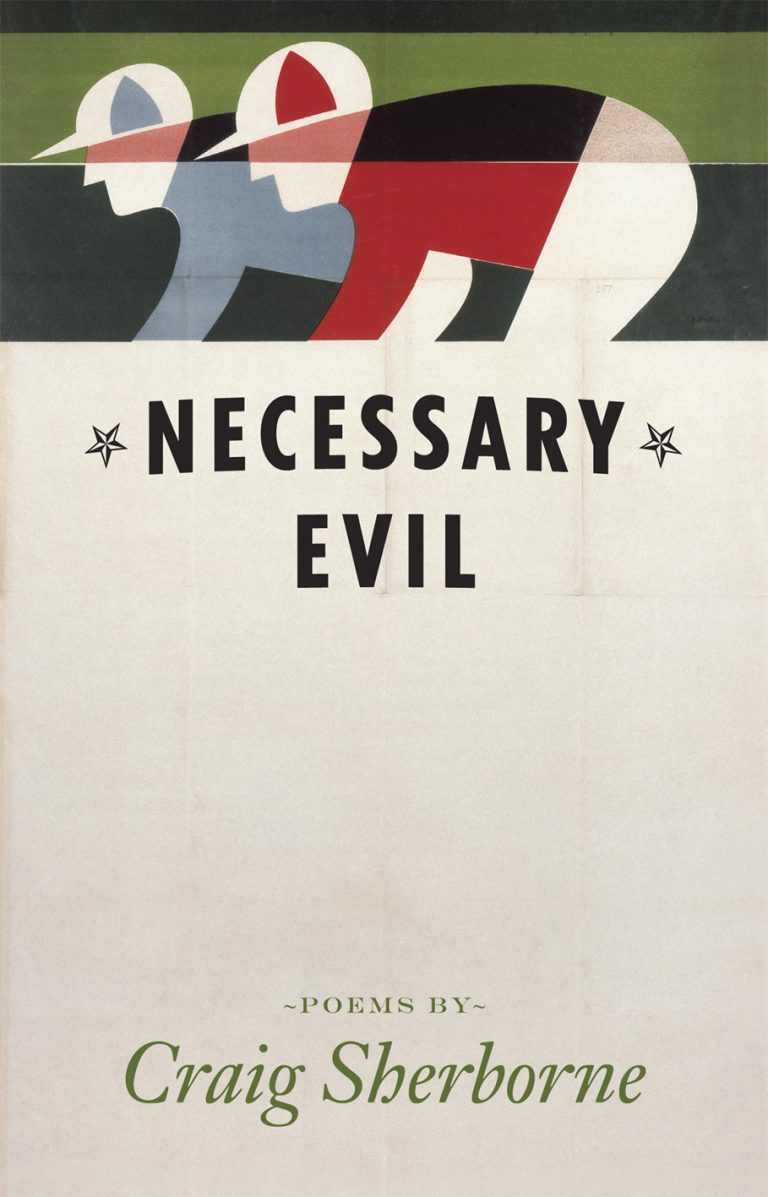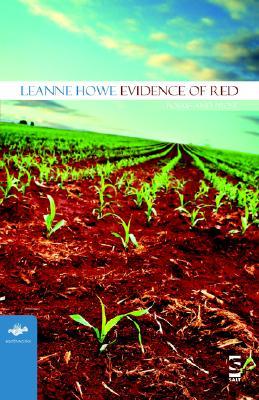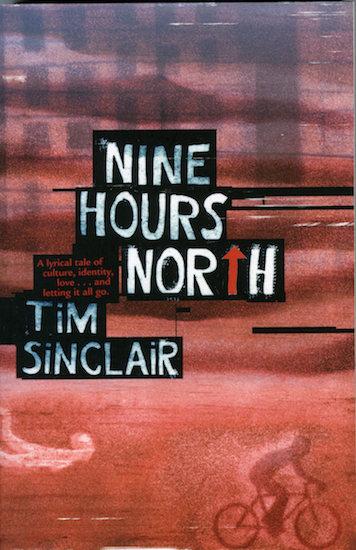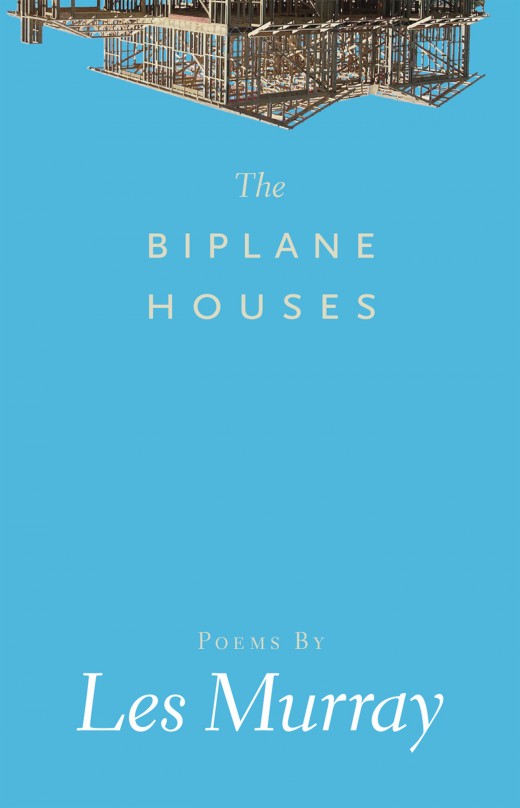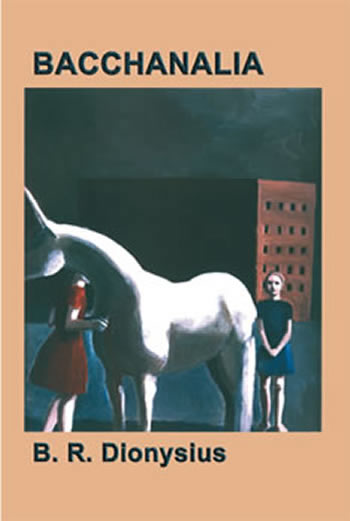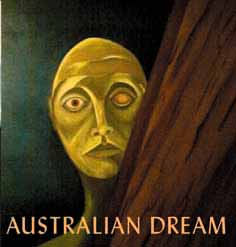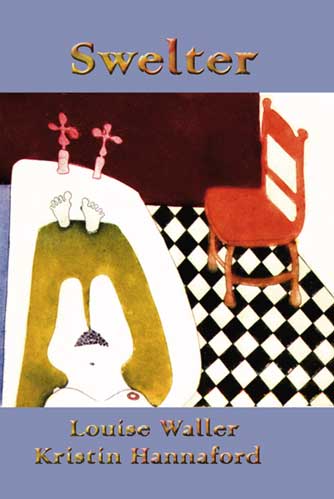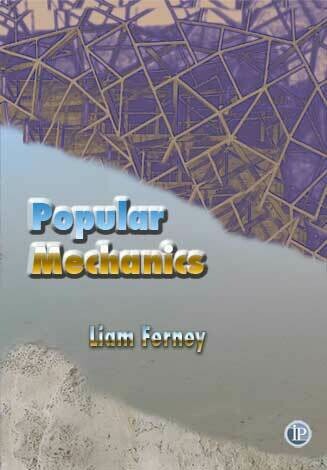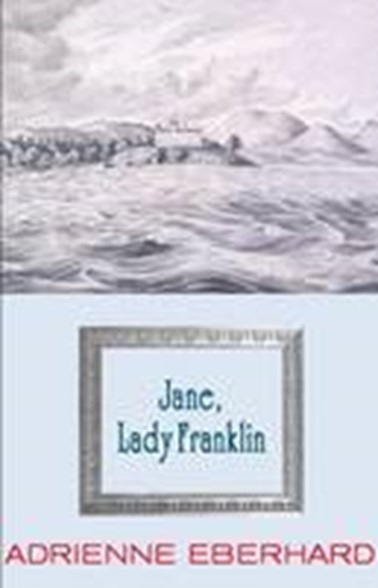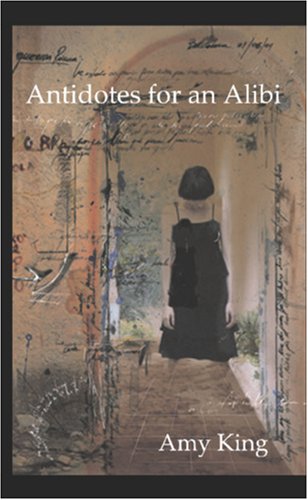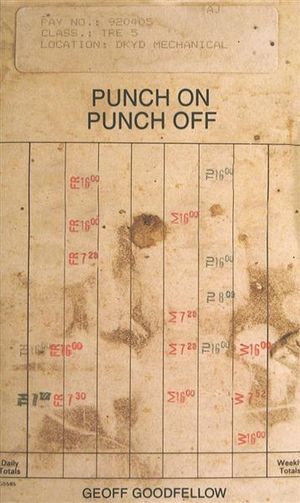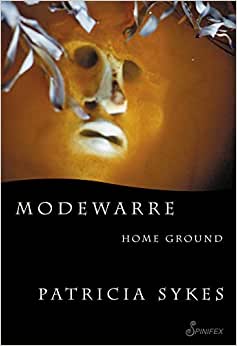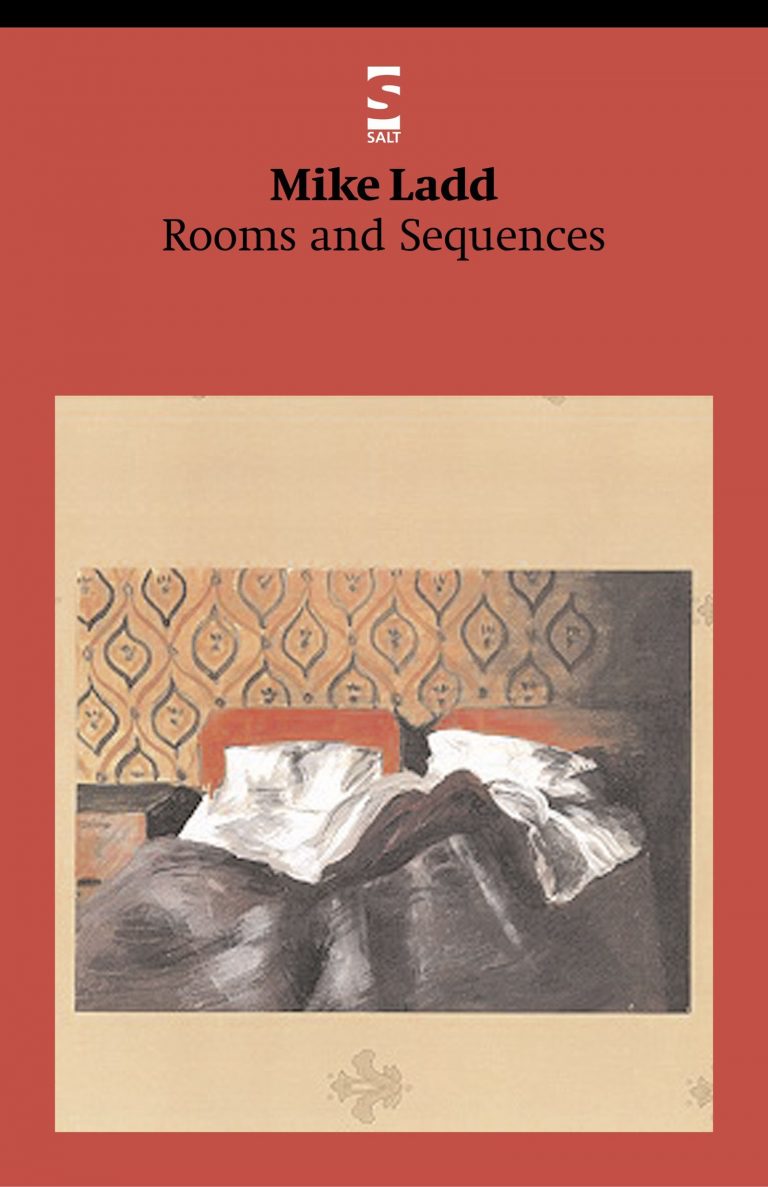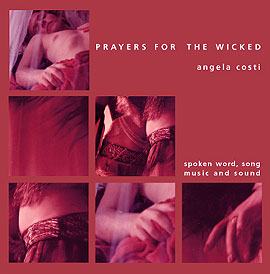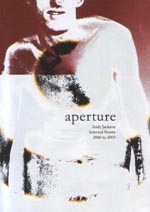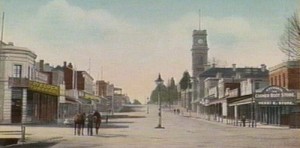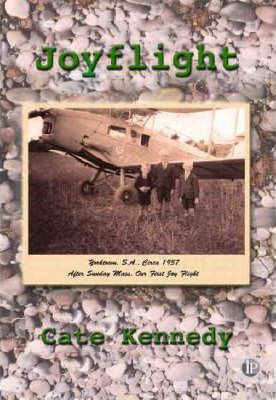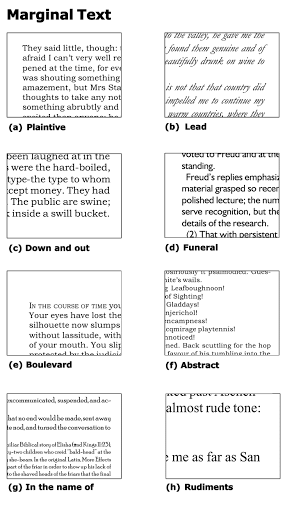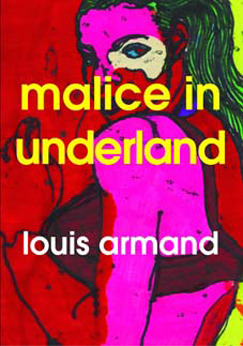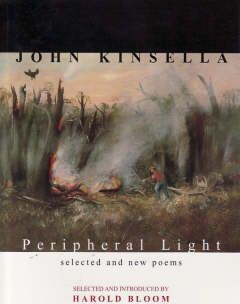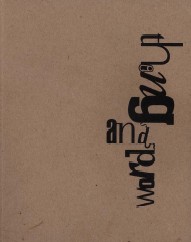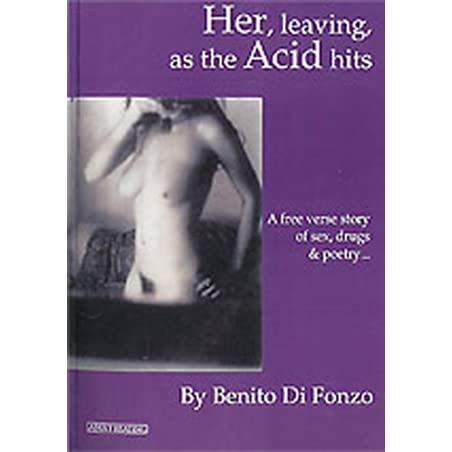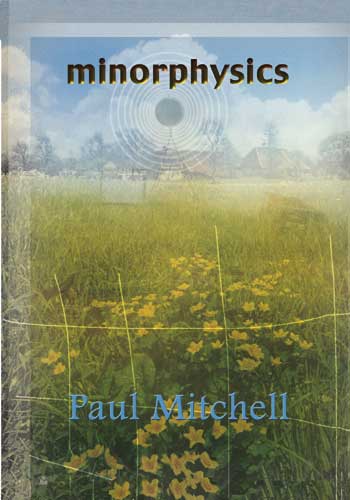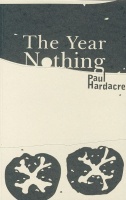BOOK REVIEWS
David McCooey Reviews Craig Sherborne
As illustrated by his extraordinary memoir, Hoi Polloi (2005), Craig Sherborne has many strengths as a writer. He has immense tonal control (and can range from the tragic to the farcical in a breath); he has an extraordinary ear for the language and hypocrisy of class; he is one of our great contemporary satirists; and he has a genius for the telling anecdote and detail.
Ashley Brown Reviews LeAnne Howe
Huksuba, or chaos occurs when Indians and Non-Indians bang their heads together in search of cross-cultural understanding. The sound is often a dull thud, and the lesson leaves us all with a bad headache.
So begins the second section of Choctaw American poet LeAnne Howe's fourth collection Evidence of Red. Within its one hundred and one pages, which have already won a number of major awards such as the Oklahoma Book Award earlier this year, this book incorporates many literary mediums such as poetry, theatre, prose, character dialogue and adapted transcript.
Ali Alizadeh Reviews Ian McBryde and Tim Sinclair
Two recent Australian poetry titles – one from a 'cult' adult (and at times 'adults only') poet, another from a newcomer writing for 'young adults'; the former published by a new small press and the latter by one of the world's most recognisable publishing empires; the former experimental and minimalist and the latter conventional and extensive; and so on – offer formally different yet discursively complimentary views of the state of the poetic word.
Paul Mitchell Reviews Les Murray
Given the title of Les Murray's latest book, you'd perhaps expect that 'The Shining Slopes and Planes' – the poem in which the term “biplane houses” appears – would provide a key to unlocking this collection. In a sense it does: the poem evokes a runway full of simple Australian houses, entities that appear the least likely to sprout wings, organic or mechanistic, and fly.
Benito Di Fonzo Reviews B. R. Dionysius
The title poem of Bacchanalia by B. R. Dionysius is a muscular, vivacious and absorbing piece of prose poetry that starts like a fifteen year old's diary entry but morphs darkly into something more akin to a police statement. It is original and exciting. Unfortunately, however, many other poems in this collection do not share these qualities.
Ali Alizadeh Reviews Mohsen Soltany Zand
There is a spectre haunting Australian poetry – it is the spectre of spoken word. The explosion of spoken word publications (mostly in the form of CDs) and live events (such as poetry soirees, 'slams' and 'open microphones') across Australia's poetry scene over the past decade or so may in due course determine the future of Australian poetry.
Andrew Craig Reviews Louise Waller and Kristin Hannaford
It was with anticipation and trepidation that I approached Swelter, an audio and text CD compilation of Louise Waller's Slipway and Kristin Hannaford's Inhale. At first I expected some type of multi-media explosion – always a hit-or-miss affair, as most multi-media 'experiments' entail artists getting overly excited about something old-hat in the 'new' commercial sphere.
Scott Thornton Reviews Liam Ferney
Liam Ferney's Popular Mechanics is a collection of poetry that transforms words into a quick moving train of images and syntax. The author changes tense and pace rapidly and this causes the reader to be somewhat disorientated. At first glance these poems appeared to be jumbled masses of words; the writer appeared to be moving too fast; and the conceits that he builds out of modern Australian life looked far too incongruous and fragile to involve the reader.
Magdalena Ball Reviews Adrienne Eberhard
Adrienne Eberhard's collection Jane, Lady Franklin can almost be described as a poetic novel. It contains a clear storyline, based partly on the real life voyage of Lady Jane Franklin, who traveled with her husband, Lieutenant-Governor John Franklin, from England to Hobart in 1837.
Steven Farry Reviews Amy King
Antidotes for an Alibi is at once intriguing and irritating. The surrealist poems are complex, evocative, and a danger to review: am I overlooking something? Is there an obvious reference I've missed? Am I just an insensitive clod?
Ali Alizadeh Reviews Geoff Goodfellow
The concept of working-class poetry may seem like an oxymoron to the uninitiated. Isn't poetry, after all, as Harold Bloom would have it, “the crown of imaginative literature”; an elitist, royalist member of the family of letters, on par with other 'high art' and upper-class forms and genres such as Classical music, opera and ballet?
Andy Jackson Reviews Patricia Sykes
In spite of poetry's continued insistence on its own marginality, its retreat into abstract stylistic expression or into words that act as anaesthetic or lullaby, there is still the possibility that words can undermine the way things are.
Magdalena Ball Reviews Mike Ladd
Mike Ladd's poetry works best when it traverses the line between prose and poetry, creating meaning in the face of irony. Simultaneously satiric and poignant, Rooms and Sequences takes the reader to a modernised first century AD through the eyes of an anachronistic Roman functionary, a Kerouac inspired look into life via various hotel rooms `on the road', pain and loss distilled through portentous animals, a series of short stories which look into the heart of loneliness, the human side of politics, and a series of self-referential poems about the writing process.
Ashley Brown Reviews Angela Costi
To begin with, it should be noted that Angela Costi's Prayers For The Wicked – a CD of “spoken word, song, music and sound” – tells a tale of Greek Australians, deals with many traditional topics, and occasionally features Greek dialogue; and I myself am not Greek, and know none of the language. Some would argue hence that I am inappropriate to review this work, but it must be remembered that much of the potential audience of this work – and surely they should be taken into account – will not be of Greek descent, thus not possessing the bilingual luxury that I too lack.
Ela Fornalska Reviews Andy Jackson
Andy Jackson writes with immense skill. His poetry seems effortless, yet it is haunting, requiring contemplation. That is not to say that it is inaccessible. On first reading of a Jackson poem you experience sensation, but then you feel compelled to think about the poem, and read it again to marvel at the skills employed in writing the piece.
Paul Mitchell Reviews Pushing Words
“Pushing Words”, a poetry reading held as part of the Castlemaine State Arts Festival, featured Melbourne poets Dorothy Porter, Ian McBryde, Lauren Williams, Kevin Brophy, Ali Alizadeh, Jennifer Harrison and Myron Lysenko.
Organiser Ross Donlon promoted the event as a chance to catch top poets who you'd never see reading together on the one bill. Each poet gave a strong performance, no doubt influenced by the company around them.
Jess Star Reviews Cate Kennedy
Cate Kennedy's Joyflight is distilled memory. It is a manifestation of time, place and history, both intensely personal and instantly recognisable. Joyflight is a book divided. It begins with `that pure torn-open moment': A collection of small epiphanies in which the individual is forever altered.
Tim Wright Reviews D. J. Huppatz and Sebastian Gurciullo
'Please don't make confused noises while chanting,' a sign in a Kunming monastery read when I visited there a few years ago. Another sign, not far from a thick wad of burning incense sticks, announced 'No conflagration!' D.J. Huppatz's Book of Poem!is written with a sharp sensibility to similar glitches in translation, specifically as they're found in the spiky readymade phrases of Japanese English, or 'Engrish', in the consumer world of packaging, t-shirts and instruction manuals.
Michael Aiken Reviews Louis Armand
The title of this book is an early manifestation of its endless intertextual referencing, as well as one example of the author's restrained penchant for relatively silly puns. It is also an understatement of the viciousness of some of this poetry.
Ian MacNeill Reviews John Kinsella
With his appearances on ABC TV's 'Critical Mass' program John Kinsella is becoming something of a public intellectual. His severe demeanour and combative stance suggest an aggressive priest, Savaranola maybe. The poems in this collection do not dispel this impression, there is a savagery in them, of tone, image and spirit.
James Stuart Reviews Words and Things
“Despite my slightly over-the-top and easily pregnable assertions about what are to my mind the lesser works enclosed therein, it became clear to me as I read (looked?) that Words and Things had a significant contribution to make to our understanding of contemporary poetics.
Claire Stewart Reviews Benito di Fonzo
The first thing that struck me when reading 'Her, leaving, as the Acid hits' was that it embodied, like the muse of the story, a lament of an era long gone. Di Fonzo has successfully recreated the zeitgeist of the pre-gentrification time of cosy inner city dwellings before real estate went up and the well worn homes that gave these areas their character went down to make way for sterile, so-called architecturally designed apartments.
Claire Stewart Reviews Paul Mitchell
The first comparative poet who came to mind as I was reading this collection was Bruce Dawe, who shares 's alternating ocker flippancy and grave sensitivity. Like Dawe, Mitchell finds beauty and solace in the most seemingly mundane of subjects. His poems have a tendency to oscillate between sensory osmosis and abstract observation.
Michael Brown Reviews Paul Hardacre
If one name stands out as a hero and influence among the present generation of Australian poets it's Michael Dransfield. B. R. Dionysius has dedicated a poem to him. Jayne Fenton Keane has penned an adequate parody of one of his most recognisable works and Jaya Savige claims that discovering Dransfield's work prompted him to pursue writing instead of law. There is also John Kinsella's recent retrospective of Dransfield's work. However, Paul Hardacre in his first volume The Year Nothing, is perhaps closest not only in style but also in intent.

